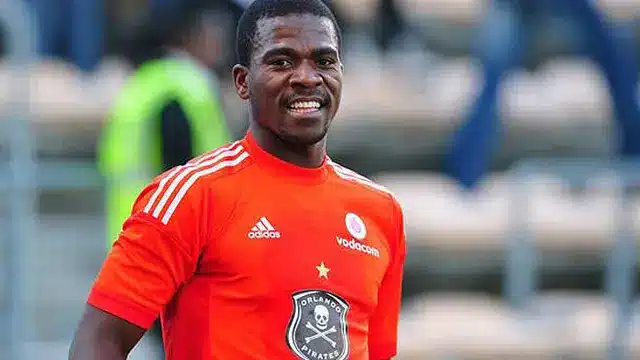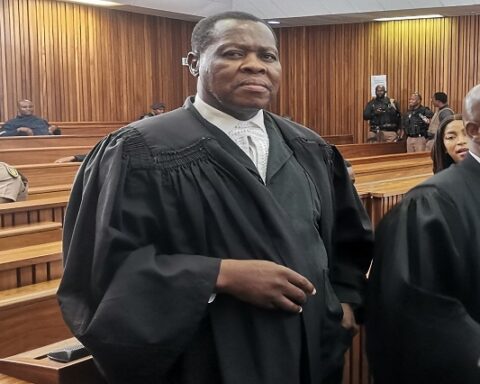The murder trial of South African football captain Senzo Meyiwa has become a symbol of the country’s struggling justice system, as the case marks its tenth anniversary with no resolution in sight.
Meyiwa, who led the national team Bafana Bafana, was shot dead on 26 October 2014 at his girlfriend Kelly Khumalo’s home in what has become one of South Africa’s most high-profile criminal cases.
Despite five men standing trial for the murder, which prosecutors allege was a contract killing arranged by Khumalo, the case has been plagued by delays and setbacks.
“It feels like every other session gets postponed,” says one trial observer, who has followed the proceedings closely. “The setbacks impact not only the family but also the accused and the public at large.”
The trial suffered a major setback when it had to restart from scratch after the original judge, Tshifhiwa Maumela, fell ill – effectively erasing a year of proceedings.
Controversial new judge
The appointment of Judge Ratha Mokgoatlheng has brought fresh controversy to the case. His courtroom remarks have drawn criticism:
“Is this how Black lawyers behave?” he was heard saying during one session. “Why doesn’t he phone me? This is what counsel or an attorney who has ethical standards does.”
Pressure mounting
The slow pace of proceedings has frustrated both the judiciary and the public. Judge Mokgoatlheng recently revealed that even his superiors are pressing for resolution.
“The judge president is perturbed by this case and its pace,” he stated during a recent hearing. “They want this case to finish and be finalised because this case affects some persons, and they want to know how it finishes.”
Looking ahead
While prosecutors are approaching the end of their case, legal experts warn that justice may still be far off. With each of the five accused represented by separate legal teams, the defence phase is expected to be equally lengthy.
The case has raised serious questions about the efficiency of South Africa’s justice system and its ability to handle high-profile cases effectively.
For many South Africans, the decade-long wait for answers about their beloved football captain’s death represents more than just a delayed trial – it symbolises broader challenges within the country’s judicial system.

